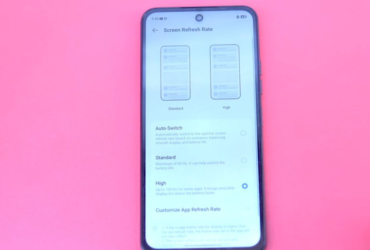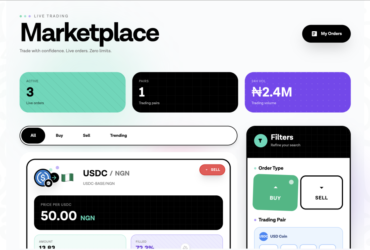The 2022 McKinsey Report highlighted the potential growth of the financial service market in Nigeria, projecting a revenue of $230 billion by 2025, with 33% contributed by the Fintech sector. However, the EFinA 2023 A2F Survey indicated that 28.9 million adults in Nigeria are financially excluded, mainly due to limitations in KYC regulations by financial institutions in the country.
KYC guidelines are crucial components of financial procedures in Nigeria, aimed at combating financial crimes like money laundering and terrorist financing. The World Bank Group’s 2018 ID4D Global Dataset revealed that nearly 1 billion people globally lack official identities, with about 500 million in Sub-Saharan Africa alone.
Amid the Covid-19 crisis, FATF introduced regulations for digital identity in financial institutions to facilitate digital financial services. Fintech startups play a critical role in the African financial services sector, offering online KYC verification using integrated API systems.
There are challenges in KYC compliance, with organizations facing difficulties in balancing seamless onboarding with regulatory requirements. The dynamic nature of KYC regulations and the need to adapt to changing guidelines pose challenges for organizations.
Identity verification is crucial, with fraud attacks in Africa largely targeting national ID documents. The absence of cross-border harmonization further complicates the financial landscape. Compliance with KYC regulations is costly, with financial institutions worldwide expected to spend billions on AML-KYC compliance operations and technology.
Issues with KYC compliance, such as a lack of scalable solutions, impact the efficiency and cost-effectiveness of compliance for fintech companies. Traditional KYC procedures often result in inefficiencies, delays, and data privacy concerns.
The EFInA Access to Financial Services in Nigeria 2023 Report highlighted that approximately 6% of Nigerians are excluded from financial services due to KYC identity document requirements. To address these challenges, Nigeria can learn from other countries’ effective KYC implementations and introduce new policies to enhance financial inclusion.
To improve KYC verification accuracy, technological innovations like machine learning and blockchain technology should be embraced. It is essential to customize global innovations to suit local contexts and socio-economic realities in Nigeria.
In conclusion, a collaborative effort involving regulators, policymakers, and fintech innovators is necessary to enhance compliance programs and introduce new policy innovations to improve the KYC landscape in Nigeria.














Leave a Reply